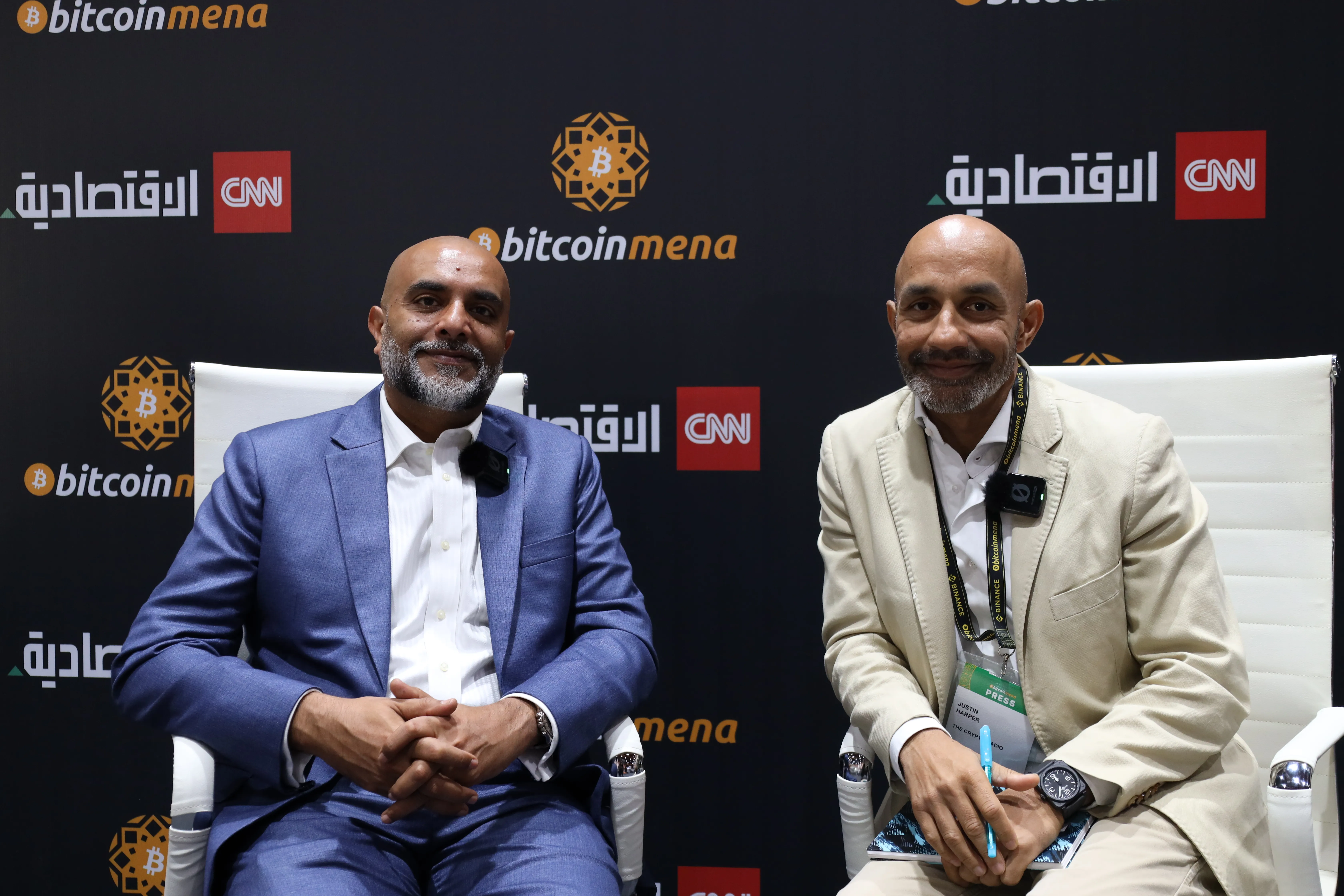Empowering the unbanked, one Satoshi at a time
The 'Arab Whale' explains how Bitcoin’s smallest units make financial inclusion possible for all

When Khurram Shroff first encountered Bitcoin in 2011, most people had never even heard of the cryptocurrency. But for Shroff, it was a revelation—a technology that could revolutionize the way the world thinks about money and financial inclusion.
As one of the earliest Bitcoin miners in the Middle East, Shroff, affectionately known as the "Arab Whale," has been a driving force in the region's adoption. In a recent interview with The Crypto Radio, he shared his insights on the current state of the crypto landscape and his ambitious vision for the future.
"I felt like this was very interesting. How to sell and send each other micro payments," said Shroff, thinking back 13 years. "I thought even just one Bitcoin could literally provide the entire payments infrastructure for our country."
At the time, Shroff was managing a bank in East Africa, where he had witnessed the remarkable success of M-PESA, a mobile money transfer service. M-PESA allowed people in Kenya to easily send and receive small amounts of money using their phones, without the need for traditional banking infrastructure.
Inspired by its impact, Shroff saw Bitcoin's potential to provide a similar solution for unbanked populations, particularly in developing countries.
Real-world applications: El Salvador and the Lightning Network
To make Bitcoin transactions faster and cheaper, the Lightning Network was developed. This technology works alongside the Bitcoin network to process small transactions quickly and at a lower cost. It’s especially useful for things like cross-border payments, where traditional methods often charge high fees or take days to process.
"If you look at El Salvador, which has 80% remittances, they're now moving money in Bitcoin on the Lightning Network," Shroff explained. "So no one knows who is receiving the money, and whenever they want to use the money, because Bitcoin is considered legal tender in El Salvador, now they can go with that same Bitcoin to McDonald's and eat it."
By using the Lightning Network, people in El Salvador avoid traditional financial systems, save money on fees, and complete transactions much faster. This is a real-world example of how Bitcoin can make everyday financial tasks easier.
Addressing misconceptions

Shroff believes that education is key to helping more people understand Bitcoin and how to use it. Many newcomers think that they need to buy an entire Bitcoin to participate, but that's not the case.
"There's a huge education that if there is Bitcoin, there's 100 million Satoshis in one Bitcoin. So literally, you can have 100 million transactions concurrently, or over one Bitcoin, and you can buy a fraction of a Bitcoin," Shroff said.
For beginners, it’s helpful to know that Bitcoin can be broken into tiny units called Satoshis, much like how a dollar can be split into cents. This means you don’t need to spend thousands of dollars to get started—you can buy just a small amount and still benefit.
Future innovations
Beyond payments, Shroff is excited about the potential for blockchain to work with artificial intelligence (AI). He envisions a future where AI can automate processes like negotiating contracts or handling transactions.
"I feel that moving forward, the use case of AI with blockchain is going to be amazing and very big in terms of other use cases," he said.
While this idea is still developing, it highlights the broader potential of blockchain technology beyond just cryptocurrency.
Shroff's passion for Bitcoin and blockchain technology shines through in his work. He believes these tools can empower underbanked communities, create opportunities for financial inclusion, and transform how money moves around the world.
As the "Arab Whale" continues to make waves in the crypto world, his story is a reminder of how vision and technology can combine to drive meaningful change.
Listen to the whole interview on The Crypto Radio's live player or in the Community podcast.



